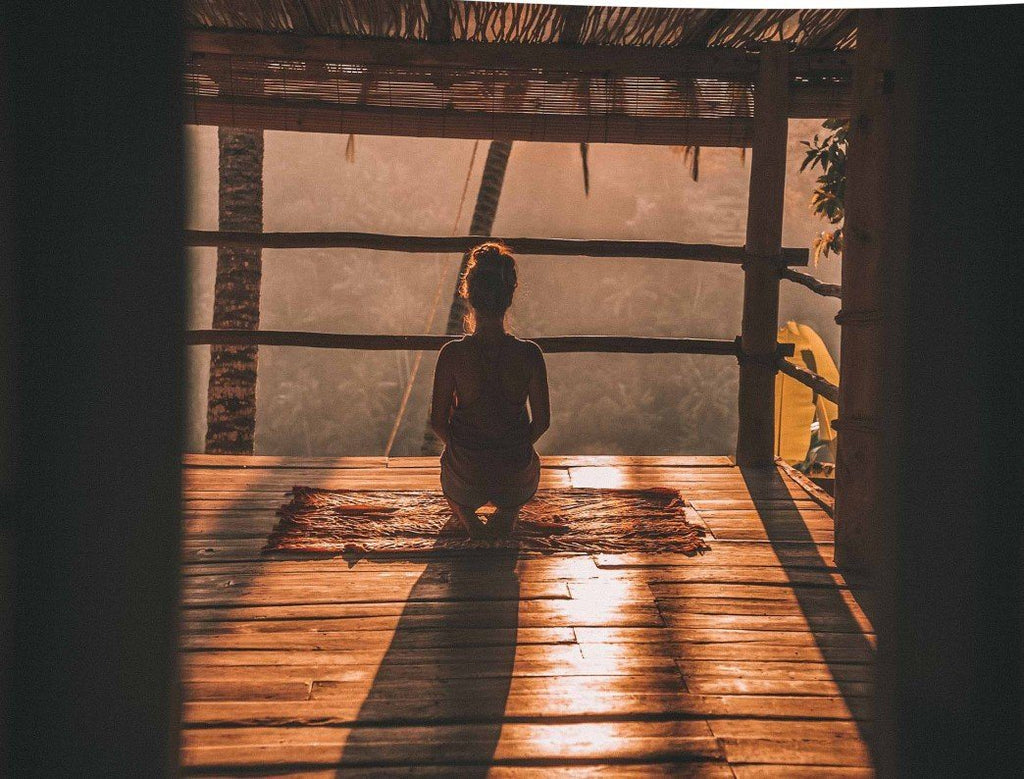Being Present with Tea

When was the last time you closed your eyes, aside from sleeping, and you were just there - present? You were not analyzing, making mental to-do lists or worrying about a conversation you recently had at work. You were not stressing over an email that flashed suddenly on your mobile, planning what to cook for that evening or thinking that you should stop thinking. You were simply you - present, in the moment.
In our information-loaded, on-demand society where work and life can blend seamlessly, where we are reachable at anytime and anywhere by work, friends and family, it is easy to recognise how we now exercise shorter attention spans and suffer from higher (reported) levels of stress and anxiety.
Even as I write this blog article, I note that I have already looked at my phone twice as my mobile vibrates from emails and WhatsApp messages. In my previous corporate jobs, I was expected to be reachable at any time like many others, outside the office and in weekends. Certainly, it was often anxiety-inducing. Nonetheless, whatever came my way, nothing came between me and my morning ritual. The first thing that I do in my waking moments is to brew a cup of green tea (either Organic Sencha or Menghai First grade) and sip. Whatever I will face in the day diffuses the moment I select my tea, portion the tea leaves in my brew basket and carefully pour the hot water into my mug. I watch the tea leaves unfurl and change colour. I notice the delicate aroma of my brew. As I sip slowly, the particular tasting notes of my chosen tea linger on my tastebuds and I embrace the warmth of the tea. Mundane as this sounds, I am present with my tea. I am grateful that I have tea in front of me. This has been and still is my form of mindfulness.

You see, mindfulness is an aspect of meditation. Meditation is not only the preserves of Zen Buddhist monks and yogis. The word itself is perceived by many to belong to the confines of religion and spirituality. In fact, more and more scientific studies have come to investigate and understand the effects of meditation on reducing levels of stress and improving sleep and depression. Rewiring our neurological pathways doesn’t always necessarily require advanced technology.
You might think that meditation requires incense, the practice of yoga or ample time. In fact, being present or mindful could simply be going for a walk, journalling or as I had mentioned, taking a moment and brewing a cup of tea. Zen Buddhist monks and ancient Chinese philosophers were onto something - just as we sleep to allow our bodies to revitalise and our brains to process and develop, we let ourselves connect, reflect and revitalise by incorporating mindfulness and meditation in our waking hours. By the same token, the distinguished Roman Emperor-cum-Philosopher, Marcus Aurelius understood the importance of being mindful and reflecting. As he wrote in his magnum opus:
“You have power over your mind - not outside events. Realise this, and you will find strength.”

I confess that I used to be skeptical about meditation and mindfulness. I thought resilience alone enables you to soldier on through the pressures and stresses of work and life. Nevertheless, as I started to learn more about my own culture, tea and philosophy, I have come to appreciate and be grateful for the humble tea leaf. Not only is it a part of a healthy, balanced diet, it is also a vital part of my own self-cultivation and mental well-being. In a way that varying aromas and notes of a tea complement each other, meditation or simply being present allows ourselves to be physically and mentally interconnected. Simply put, there is more to tea than meets the eye!

Leave a comment